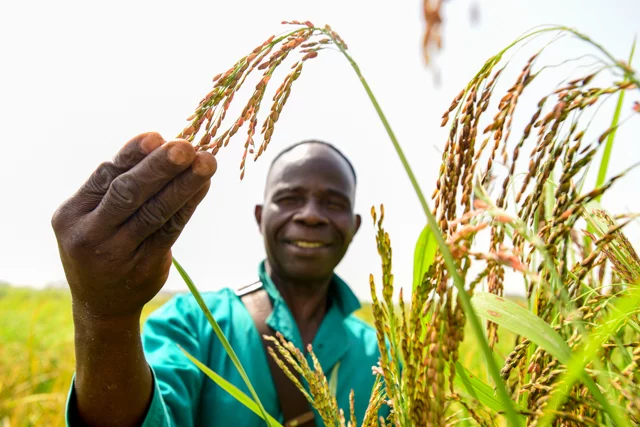Importation plays a critical role in global trade, allowing countries to access goods and services that they do not produce domestically. However, an overreliance on imports can have devastating effects on a country’s economy and its currency. Nigeria, with its heavy reliance on imported goods, offers a poignant example of how importation can undermine economic stability and devalue the national currency, the Naira.
1. Trade Imbalance and Current Account Deficit
A persistent trade imbalance, where a country imports more than it exports, leads to a current account deficit. For Nigeria, this deficit has been a chronic issue. The nation’s reliance on imports for essential goods such as food, machinery, and pharmaceuticals has not been matched by equivalent exports. This imbalance creates a situation where more foreign currency is leaving the country to pay for imports than is entering through exports. Consequently, there is increased pressure on the Naira as demand for foreign currencies, particularly the US dollar, rises.
2. Depletion of Foreign Reserves
To stabilize its currency, Nigeria relies on its foreign reserves. These reserves are critical for maintaining the value of the Naira and for paying for imports. However, when importation outstrips exports, the central bank must dip into these reserves to meet the foreign currency demand. Over time, this depletion weakens the country’s ability to defend its currency, leading to devaluation. The Central Bank of Nigeria (CBN) has frequently had to intervene in the foreign exchange market to support the Naira, but such measures are not sustainable in the long term if the underlying trade imbalance persists.
3. Inflationary Pressures
Heavy importation can also lead to inflation, which further erodes the value of the Naira. When a country depends heavily on imports, any devaluation of the national currency makes imports more expensive. These higher costs are often passed on to consumers in the form of higher prices for goods and services. In Nigeria, this phenomenon has been evident in the rising cost of living, where basic commodities and essential items have seen significant price increases due to the weak Naira.
4. Impact on Local Industries
An economy flooded with imported goods can stifle local industries. In Nigeria, local manufacturers struggle to compete with cheaper imported products. This competition can lead to factory closures, job losses, and a decline in domestic production capacity. As local industries shrink, the economy becomes even more dependent on imports, creating a vicious cycle that further weakens the currency.
5. Loss of Investor Confidence
Frequent devaluation of the Naira and economic instability can erode investor confidence. Foreign investors are wary of putting their money into economies where the currency is volatile and prone to devaluation. This loss of confidence can lead to capital flight, where investors pull out their investments, further exacerbating the currency’s decline. For Nigeria, attracting and retaining foreign investment is crucial for economic growth and development, but persistent currency instability poses a significant barrier.
Mitigating the Impact
To address these issues, Nigeria must adopt policies that reduce its dependence on imports. Encouraging local production through incentives and support for industries can help build a more self-sufficient economy. Diversifying the export base beyond oil, which has traditionally been Nigeria’s primary export, can also create a more balanced trade scenario. Additionally, implementing policies that promote sustainable economic growth and stability will help in maintaining a stronger Naira.
Conclusion
While importation is necessary for any economy, an overreliance on imported goods can have severe repercussions. For Nigeria, the impact of excessive importation is evident in the weakened Naira, rising inflation, and a struggling local industry. Addressing these challenges requires a concerted effort to diversify the economy, boost local production, and create a more balanced trade environment. Only through such measures can Nigeria hope to stabilize its currency and build a more resilient economy.
TONY EMEKA NWOSU




